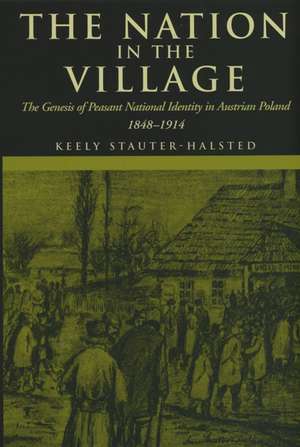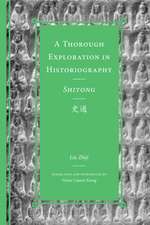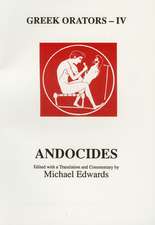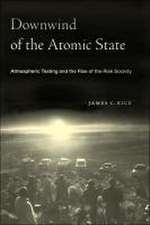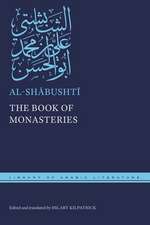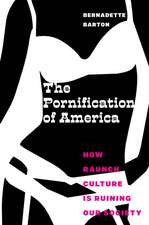The Nation in the Village – The Genesis of Peasant National Identity in Austrian Poland, 1848–1914
Autor Keely Stauter–halsteden Limba Engleză Hardback – 27 iun 2001
In the years immediately after emancipation, Polish-speaking peasants were more apt to identify with the Austrian Emperor and the Catholic Church than with their Polish lords or the middle classes of the Galician capital, Cracow. Yet by the end of the century, Polish-speaking peasants would cheer, Long live Poland and celebrate the centennial of the peasant-fueled insurrection in defense of Polish independence.
The explanation for this shift, Stauter-Halsted says, is the symbiosis that developed between peasant elites and upper-class reformers. She reconstructs this difficult, halting process, paying particular attention to public life and conflicts within the rural communities themselves. The author's approach is at once comparative and interdisciplinary, drawing from literature on national identity formation in Latin America, China, and Western Europe. The Nation in the Village combines anthropology, sociology, and literary criticism with economic, social, cultural, and political history.
--John-Paul Himka, University of Alberta "Slavic and Eastern European Review"
Preț: 450.14 lei
Nou
Puncte Express: 675
Preț estimativ în valută:
86.18€ • 89.91$ • 72.24£
86.18€ • 89.91$ • 72.24£
Carte tipărită la comandă
Livrare economică 13-27 martie
Preluare comenzi: 021 569.72.76
Specificații
ISBN-13: 9780801438448
ISBN-10: 0801438446
Pagini: 288
Dimensiuni: 152 x 229 x 27 mm
Greutate: 0.58 kg
Editura: MB – Cornell University Press
ISBN-10: 0801438446
Pagini: 288
Dimensiuni: 152 x 229 x 27 mm
Greutate: 0.58 kg
Editura: MB – Cornell University Press
Descriere
How do peasants come to embrace nationalist sentiment? Exploring the complex case of Poles in Austrian Galicia, the author challenges the widely-accepted argument that national sentiment originates among intellectuals or urban middle classes, then "trickles down" to peasants and the proletariat.
